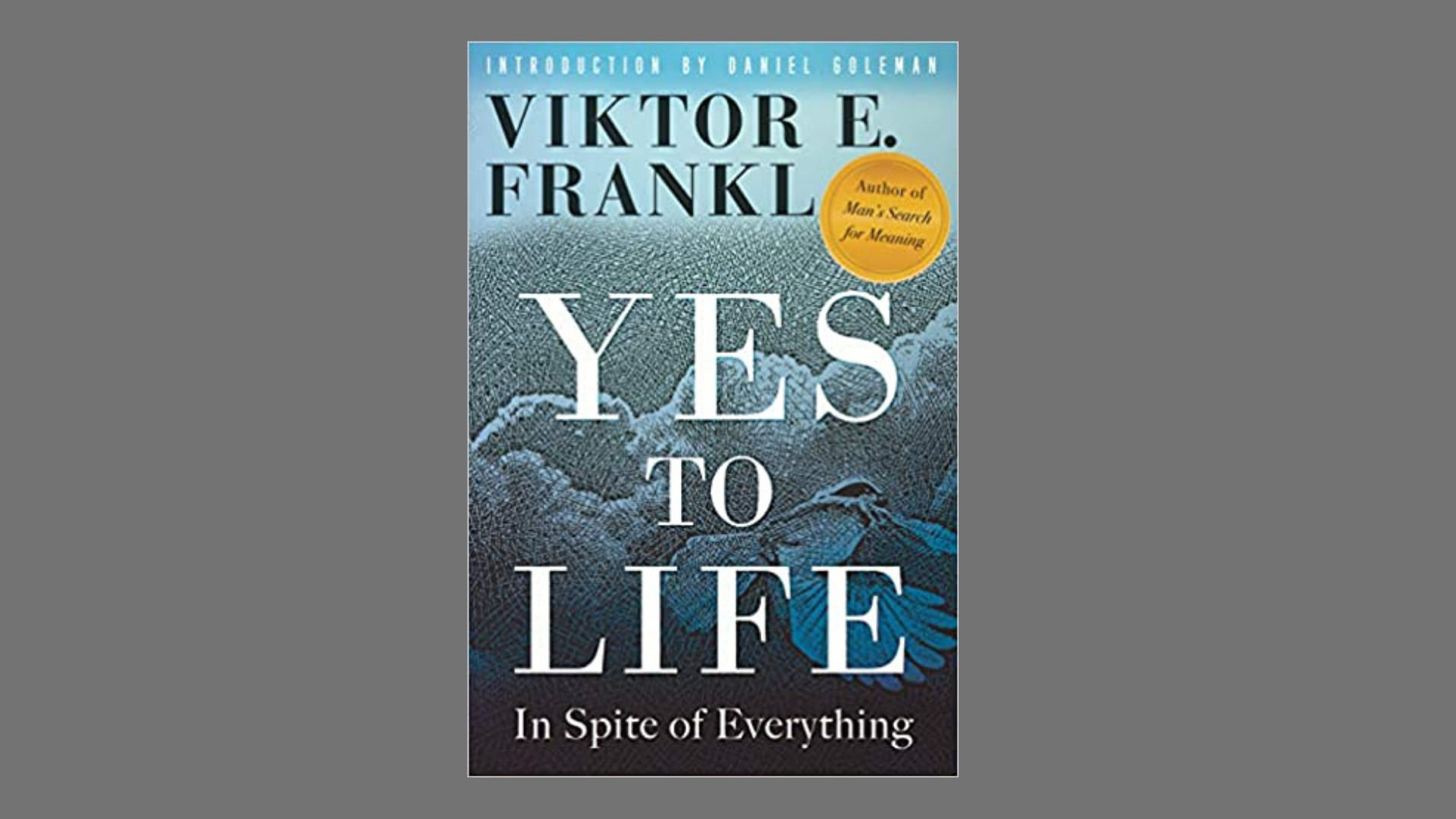Yes to Life, in Spite of Everything: Viktor Frankl’s Lost Lectures
When I first began writing my sequel to Josette called Daniel, I described him as a young man that lost hope. The goal was to show that even when on the surface it appears we have lost all hope, a small thread lingers within us. It is upon that small thread that we can build our future. The resilience of the human spirit regardless of loss and tragedy is well recognized and has been seen over and over again in war and poverty. This glimmer of hope, although small at first can grow and make us stronger. “That which does not kill us, makes us stronger.” Yet in order to grow we must remain human in our heart. Holding on to our humanity is what makes us human, even in our darkest moments brings us back from the abyss to life once again. Daniel chose to help the homeless around him. In so doing, he found and rediscovered his humanity and himself. Many topics were addressed in Daniel that deal with human suffering and the resilience of the human spirit. Do not give up on tomorrow for its promise of true happiness is just beyond our view.
On moving beyond optimism and pessimism to find the deepest source of meaning, Viktore E. Frankl a young neurologist, psychiatrist, and Holocaust survivor wrote his book entitled “Yes To Life, In Spite of Everything”. “Frankl lost his mother, his father, and his brother to the mass murder in the concentration camps. His own life was spared by the tightly braided lifeline of chance, choice, and character. A mere eleven months after surviving the unsurvivable, Frankl took up the elemental question at the heart of Camus’s philosophical parable in a set of lectures, which he himself edited into a slim, potent book published in Germany in 1946, just as he was completing Man’s Search for Meaning. “
Frankl begins to consider the question of whether life is worth living through his work, recently published in English entitled Yes to Life, in Spite of Everything.
The following article written in Pocket Worthy by Maria Popova describes Frankl’s journey and his works.

